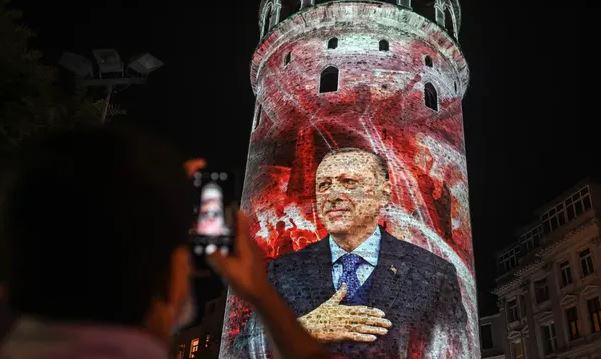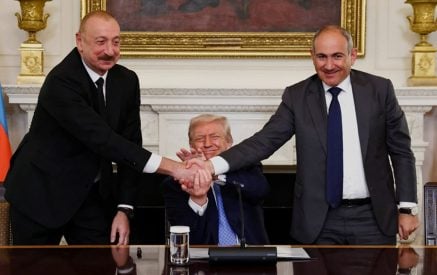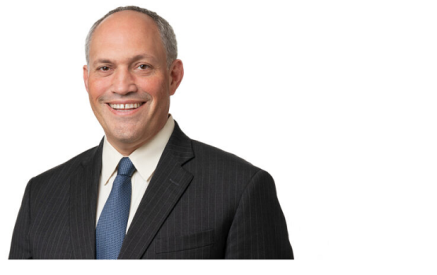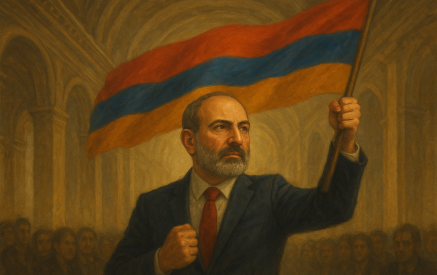by Suren Sargsyan
(Note: This article was already completed when news of Recep Tayyip Erdogan’s health issues spread at lightning speed, but the Turkish president is still considered the main contender for the office.)
There are only a few weeks left until the presidential elections to be held in Turkey. Various polls are being conducted on the main results of the elections to be held in May. For example, according to the results of reliable opinion polls by the leading European media outlets, one of the main candidates, Kiliçdaroglu is leading by a single digit, which means that a second round of elections is a possible scenario. Erdogan’s chances of winning in the second round are estimated to be higher, taking into account the participation of third candidates who are “stealing votes” from the opposition. Expert and academic circles, in contrast to sociologists, estimate Erdogan’s chances more highly, given the administrative levers that the current authorities can and will most probably use, which cannot be reflected in the polls.
Read also
Despite all this, attention should also be paid to the interests of external players, which will be the main topic of this article. It is necessary to present the interests and principled approaches of global players, such as the US and Russia, regarding the upcoming Turkish elections. This will allow us to correctly assess the trajectory of Turkey’s foreign policy according to the election results.
The West
First, it should be noted that Western political circles still consider Turkey a strategic ally — a bad ally, but an ally. In these circles, there is the opinion that Turkey is sort of a “prodigal son” who left, but one day will definitely return to the “big family” of the North Atlantic Treaty Organization (NATO), and the West and Western capitals should work actively for that purpose. There is also a claim that Erdogan’s Turkey seeks to minimize Western collective influence on itself and its economy, the goal of which is to be able to do whatever Erdogan wants to do in the Middle East, the South Caucasus, Central Asia, and its relations with Moscow. Among these circles, there is the position that the West should work with Turkey, not allow the final divorce from the West and flirtation with Russia.
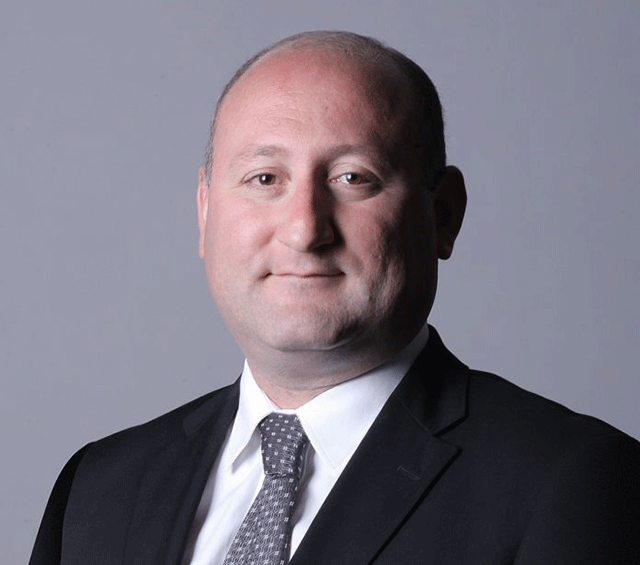
Suren Sargsyan
Undoubtedly, it would be preferable for the collective West to have a pro-Western figure in Turkey with whom it would be possible to work without additional headaches. It is also obvious that Erdogan does not fit into that logic. For example, it is noteworthy that US Democratic presidential candidate Joe Biden called on the Trump administration to work more actively with the Turkish opposition, and the most aggressive and weighty wing of the US Republican Party, represented by John Bolton, Jeb Bush, and other figures, formed the so-called “Turkish Democracy Project,” which in Turkey is considered an anti-Erdogan movement. In other words, there is a unique consensus in the US that Washington needs Turkey without Erdogan, but with a more pro-Western and dependent political leadership.
One of the best proofs of this thesis is that only weeks before the Turkish elections, President Biden convenes a “Democracy Summit” to which he does not invite the Turkish president to participate. Everything seems to be logical here because it is difficult to include Turkey among democratic countries, but it is equally difficult to include Pakistan and Iraq among democratic countries. Yet their representatives were invited to participate in this summit. It is clear that Washington is guided by political calculations and is trying to send a clear message to the Turkish voters before the Turkish elections. In this regard, it is possible that the US, using its soft power or other resources, will try to have some influence on the results of the Turkish elections and bring more favorable candidates for it into power.
The Russian Factor
Quantitatively and qualitatively speaking, the overlapping Turkish-Russian interests are almost as many as the contradictions. This means that the two sides are always in active contact at all levels and directions. Russia, including at the presidential level, has repeatedly stated that Erdogan is a real man and a reliable partner to work with. And the statement of the president of Russia that “Erdogan is a strong and solid leader who is guided by his own interests of the state and does not allow third countries to influence its decisions” ideally describes the Erdogan that Russia wants to see, or is already seeing. Naturally, an Erdogan who is independent from the West is the most suitable partner for Putin. Eventually, that is all that Russia needs. So, it is in Russia’s interest to increase the weight and role of Erdogan in the region, which has been consistently done in recent years.
This strategy largely works and pays off. Figuratively speaking, Putin tells Erdogan “It’s better to have a card in your hands than be a card in the hands of Washington,” which offer Erdogan cannot refuse.
For example, in recent months there have been complaints in the West about Turkey’s stance on Ukraine. There is a seemingly permanent accusation that Turkey is not behaving like a real ally in the pan-Western struggle against Russia. It is true that Turkey’s involvement in the Ukrainian front with all its resources would significantly reduce the effectiveness of the Russian military campaign and the prospect of success, which already seems shadowy.
It is a very possible scenario that Russian military think tanks analyzed that the operation against Ukraine would not be effective at all if Turkey were to be involved and recommended Russian leadership to do whatever is possible to keep Turkey out of Ukraine. Therefore, Russia, which is giving priority to Ukraine, had to make certain concessions to Turkey, including perhaps Artsakh or the South Caucasus in general. In this sense, as the Russian president mentioned, “It’s always possible to get along with Erdogan.” And of course, let’s not forget that in 2016, during a military coup in Turkey, Erdogan was seriously supported by the Russian president himself, and was able to remain in power.
In essence, Erdogan is a predictable person and is a strategic partner with whom Russia wants to work. At the same time, both Erdogan and Putin are political heavyweights not only because they are the leaders of the regional superpowers but because they have political instincts. Let’s not forget that Turkish-Russian interests stretch from Europe to Central Asia and the Middle East, and Putin and Erdogan are able to agree on many issues. Therefore, in contrast with the US, Russia needs Turkey with Erdogan. and the West needs Turkey without him.
Moreover, currently Turkey is important to both Russia and the West more than ever before, and it is natural that Erdogan plays on those strings very competently. In its turn, Russia does not need a Turkey which serves Western interests. Moscow wants an independent Turkey, with which it will be able to come to an agreement. Alternatively, if Turkey is under Western influence, Russia will have to agree with the West rather than Turkey, which is a very difficult approach for Russia.
Erdogan definitely benefits from this environment, as he significantly increases the prestige and political weight of both his country and himself. In this situation, Turkey moves up to “play in a higher political league.” Therefore, it can be observed that Russia’s calculation to pull Turkey apart from the West is also based on the personality of Erdogan. The way Russia, Turkey, and Iran worked together in Syria, pushing Washington out, established a good precedent, and Turkey sees it can be a serious regional player without being controlled by the West.




















































